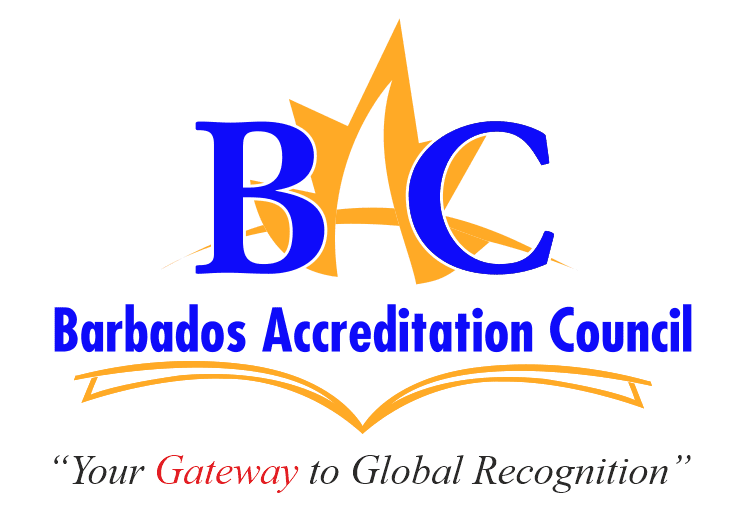Issued by the Barbados Accreditation Council (BAC)
What is changing on October 1, 2025?
Nationals of Barbados, Belize, Dominica and St Vincent and the Grenadines will enjoy full free movement among these four countries. They can enter, live, work, study and remain indefinitely without a Skills Certificate or work/residency permit. They will also have access to emergency and primary health care and public primary and secondary education in the host country, within the means of the receiving state.
What remains the same?
- All other CARICOM CSME Member States — Antigua and Barbuda, Grenada, Guyana, Haiti, Jamaica, Montserrat, Saint Kitts and Nevis, Saint Lucia, Suriname and Trinidad and Tobago — continue to use the Skills Certificate as the recognised pathway for free movement.
- The Skills Certificate remains the most straightforward and regionally harmonised route to secure employment and residence rights across most of the CARICOM Community.
- Work permits are still available in some states, but are often more complex and time-consuming than the Skills Certificate.
What about existing Skills Certificates?
- All Skills Certificates issued by the BAC remain valid.
- They continue to be accepted across the ten CSME states still using the certificate.
Role of the BAC:
- The BAC is the national authority for issuing and verifying the CARICOM Skills Certificate in Barbados.
- BAC protects the rights of Barbadian nationals by ensuring their qualifications are recognised regionally.
- Employers across CARICOM can use BAC verification services to confirm Barbadian credentials.
Why this matters:
- This arrangement is part of a progressive regional pilot under the Enhanced Cooperation Chapter of the Revised Treaty of Chaguaramas.
- It marks a decisive step in deploying Caribbean human capital where it is most needed, helping fill vacancies, addressing skills gaps and supporting economic growth across the region
